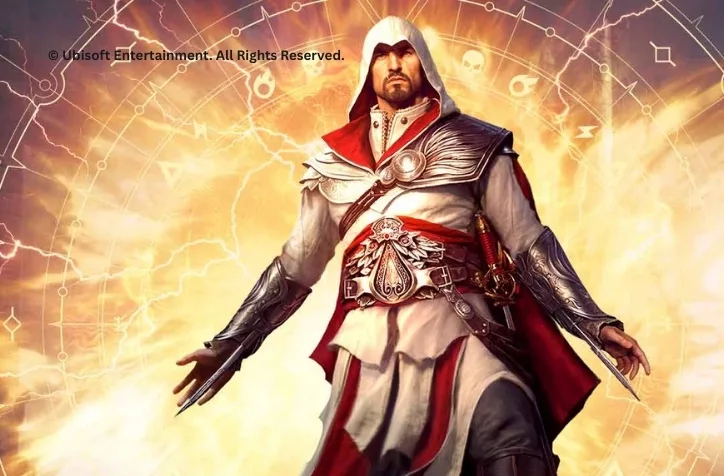

P2W (Pay-to-Win)
Pay-to-win games, commonly shortened to P2W, are titles that are hotly debated in the world of modern video games. Some people see P2W games as fair, while others see the P2W meaning as contrary to everything that makes video games great. With that in mind, let’s look at the argument from both sides, to see which position might have the most merit.
What Does P2W Mean?
The term P2W isn’t a genre name, rather, it refers to how the gameplay mechanics of a title interact with a game’s monetization systems. It’s usually a derogatory term given by the audience because skill and time invested can be easily overridden by someone happy to spend their cash, and no game will willingly label itself as P2W.
P2W in Action
The way P2W will work in games will differ depending on the genre, the exact game, and even the version of the game. Some titles will patch out P2W factors after the audience backlash, others will unashamedly (but unadmittedly) build titles around the P2W experience.
In general terms, P2W is when putting down optional money provides a real statistical and factual advantage over a player who does not invest in extra cash. This could mean buying a better weapon with real money, it could mean a faster car, or it might mean reducing the cooldowns on powerful attacks.
Thanks to these advantages, as the players have come to say: if you pay, you win.
What Is the Difference Between P2W and F2P?
F2P, or free to play, means a game that you do not have to purchase to gain access to. This is in no way necessarily related to pay-to-win ideas, but some F2P games do include P2W items. F2P games need to support themselves somehow, and while some use cosmetics, others also use P2W transactions.
The Argument for P2W
Arguments in support of P2W gaming usually come from two groups, the game’s developers and the players who have money to spend on P2W transactions. Game studios defend P2W usually either because they don’t recognize that something is overpowered, or because they need to justify sales that will boost their profits.
Players who argue for P2W often do so because they have money that they don’t mind spending on P2W transactions, or because they see it as a shortcut rather than a cheat (and it can often be a shortcut).
The Argument Against P2W
The central argument against P2W mechanics is that they’re simply unfair to players without money to spare. No matter how much you work on skill and strategy, being beaten by an inferior player who bought their way to success is not a rewarding feeling. If a player in chess could replace their pawns with queens, the feeling would be much the same.
Regardless of your position on P2W gaming, it’s not going away anytime soon. The only thing we can do is voice which side we support, and play the games that suit us best. Plus, as a consolation prize, dominating a P2W player with an unpaid character is always a great feeling.


